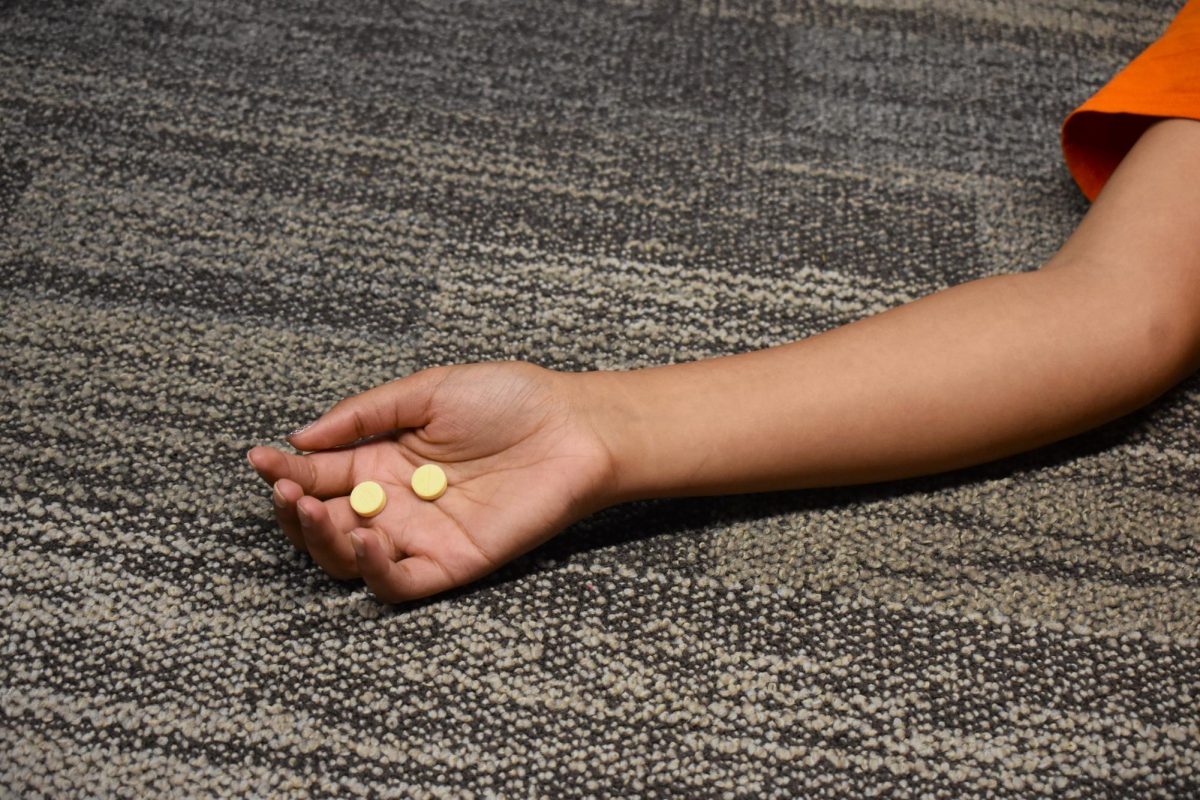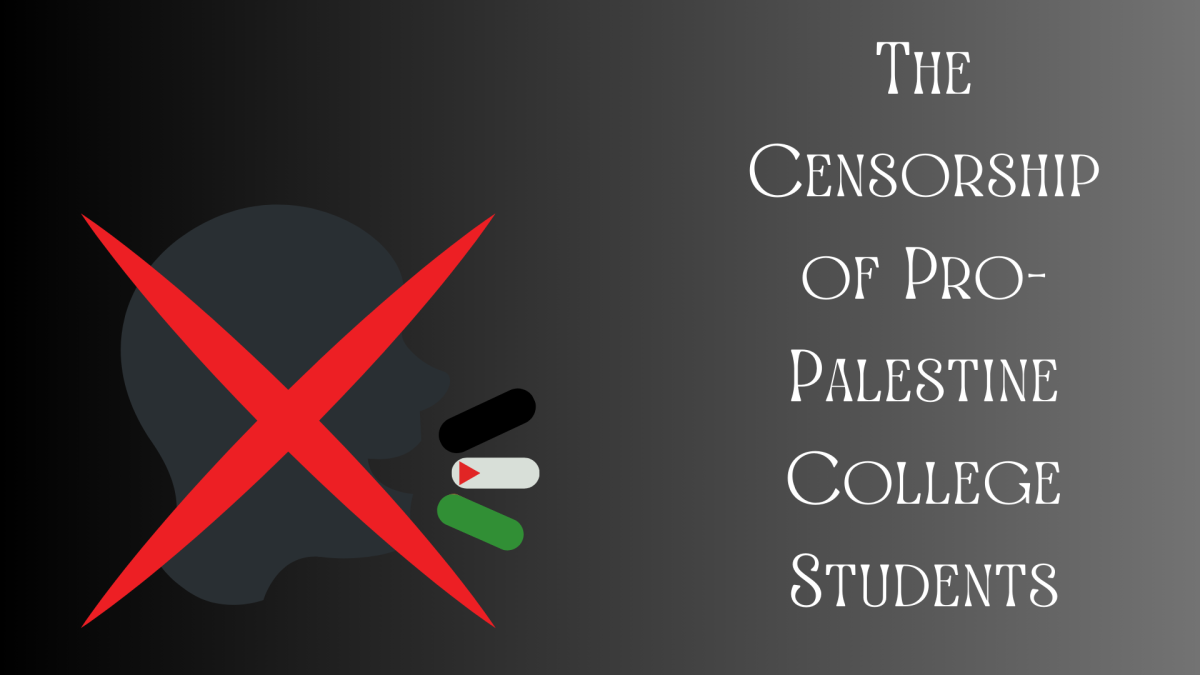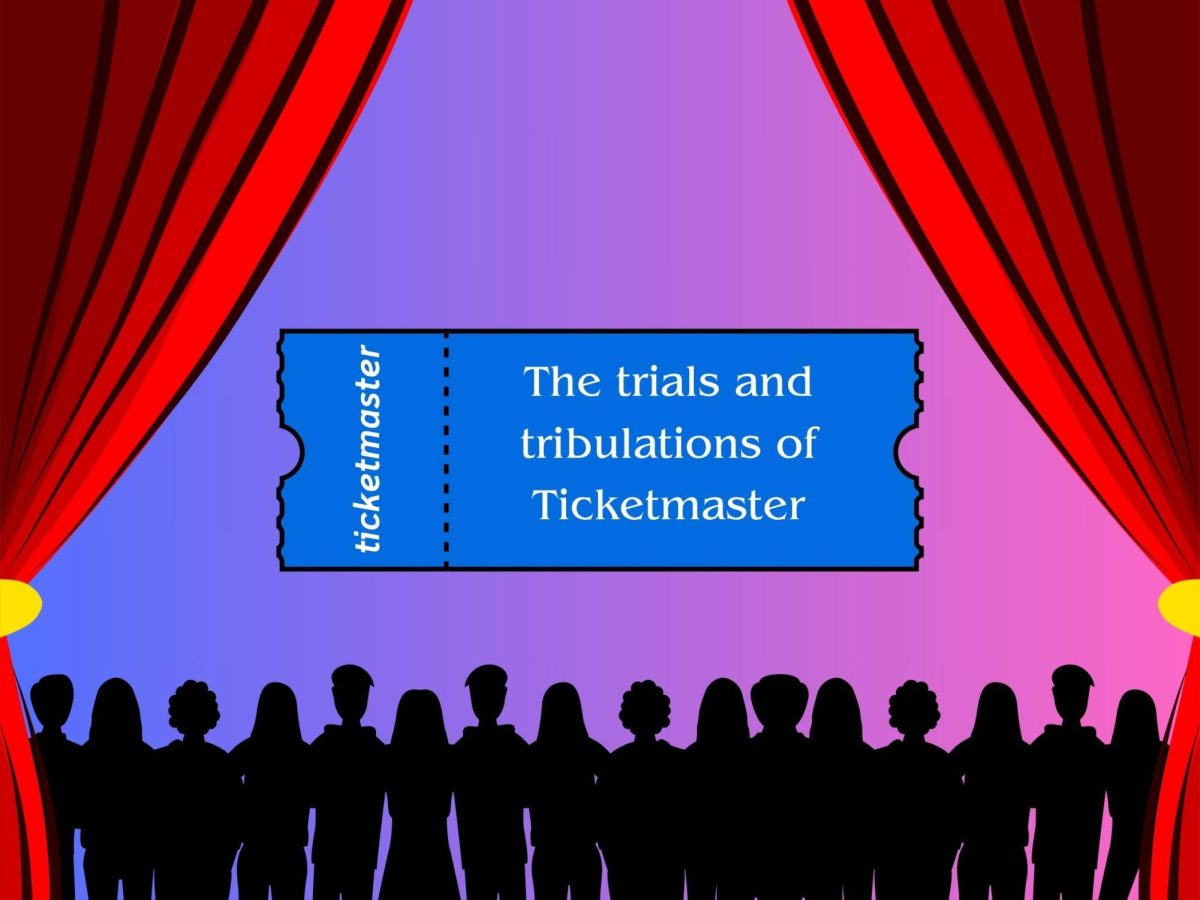Beginning at pre-teen ages, middle schoolers and young high schoolers encounter local drugs for the first time, typically from an older sibling, parent or friend at school. By mindlessly buying substances from wherever and whoever while holding no knowledge of laced products, mass amounts of teens end their nights in the hospital recovering from a fentanyl overdose. While overdoses can potentially affect anyone who engages in illegal substances, teenagers face the brute of its power because of their lack of experience and knowledge on drug safety. Although organizations such as Drug Abuse Resistance Education (D.A.R.E.) strongly advocate against drug use in teens, they lack a vital method: educating untaught young adults on avoiding unsafe drug practices.
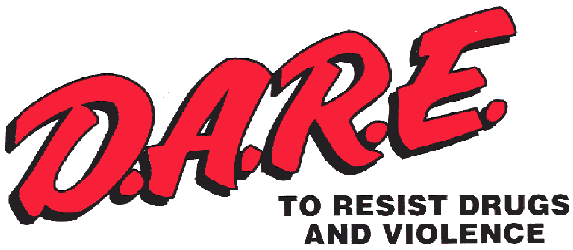
“While widely popular, the D.A.R.E. program was found to only have minimal impact on preventing youth substance use…however, not every prevention program follows the same philosophy or framework that the D.A.R.E. program did. There are many programs that have evidence to prove that they work far more effectively than the D.A.R.E. program. However, these programs often do not have the reach of programs like D.A.R.E. because of their ability to leverage law enforcement agencies across the country,” Cobb Community Alliance to Prevent Substance Abuse (CCAPSA) Program Director LaTreece Roby said.
As these innocent teens hide drugs from their parents in hopes of staying out of trouble, the teens begin buying substances from untrustworthy dealers and sources who hold no guidelines for safety. Unfortunately, a splinter of these drugs contains traces of fentanyl and other laced products. Casual drug use among teens has risen and overdoses unfortunately rise with it; between 2001 and 2017, the amount of overdoses in America has increased by 220%.
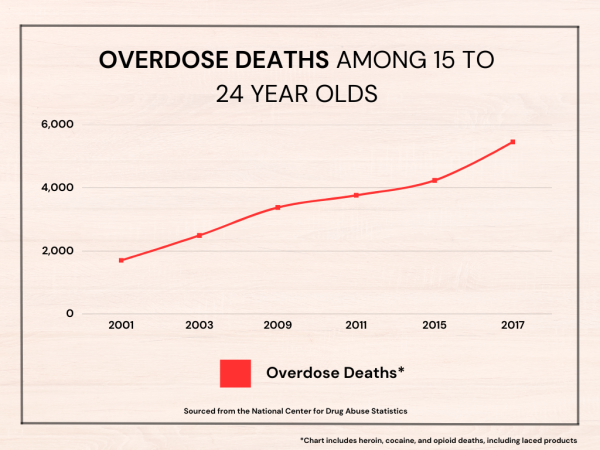
Organizations who advocate for limited use of drugs do so by providing simple blanket statements such as “Say No to Drugs” and “Just Say No.” This approach explicitly targets kids who engage in drugs due to peer pressure rather than approaching teens who may engage in drugs due to other matters such as depression, anxiety and other issues that pertain to mental health difficulties.
“I believe in educating the public on the dangers of the drugs they may be taking, both legal and illegal. There’s no ‘safe’ way to do illegal drugs…I am against them for teenagers. Teens should not be doing any type of illegal drugs because it can affect brain development. Teens have been doing dangerous things for decades now—smoking, drinking, etc.—the problem now is the activities they choose can kill them instantly,” Sports Medicine teacher Angela Guggino said.
To an extent, those who suffer from addiction may ditch illegal drugs after receiving medical attention through rehabilitation, therapy and other treatments. The government and non-profit organizations who support anti-drug sentiments understandably fear displaying any support toward drug use—but this apprehensive approach will not help teens who will engage in drugs regardless of anti-drug programs. By educating the public on how to identify laced drugs, stay away from untrustworthy sources, avoid highly addictive substances and stay aware of large dosages, America could possibly see a decrease in teen overdoses.
Instilling scare factors and false claims on teens—and, at that, any demographic— does not work as planned. Anti-drug programs frequently use incorrect statements to push their ideals; these methods continue the faulty belief that teens will follow anti-drug slogans, apparent falsehoods and fear-mongering. Anti-drug campaigns commonly present a superficial and shallow perspective on drugs, and by simplifying drug use, teens find these campaigns easy to overlook, continuing their unsafe habits. These teens need visibility and help, too, even if the process requires different methods.
“There are harm reduction programs and organizations that specifically exist to help those already using, use as safely as possible. An example of harm reduction programs would be Naloxone distribution, clean needle exchange programs and, in some states, it is legal to distribute fentanyl testing kits. There is a lot of evidence that shows that harm reduction programs work in saving lives and possibly giving some the bridge they need to get the help they deserve,” Roby said.








